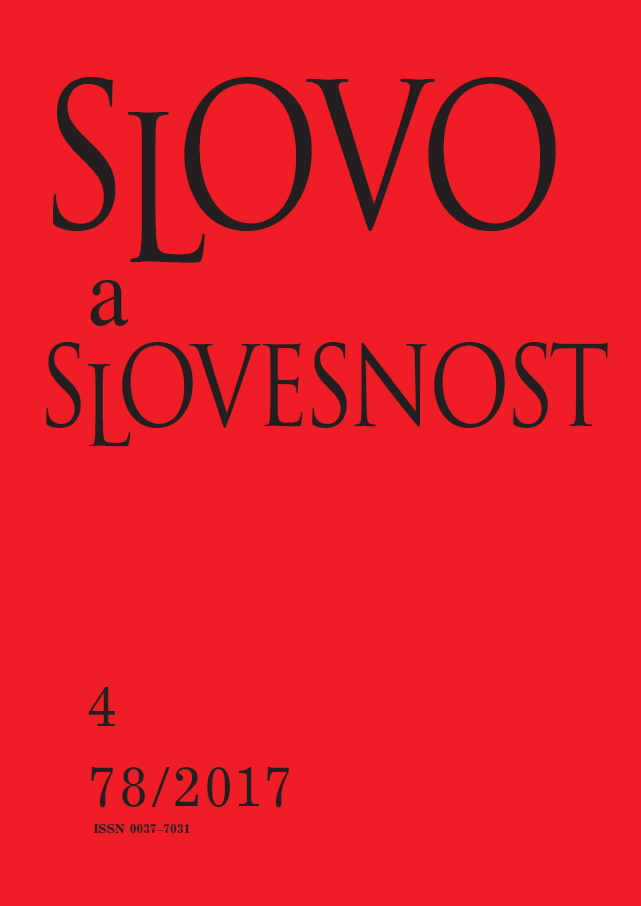Střídání kódů ve výuce angličtiny u učitelů-expertů pohledem konverzační analýzy
Code-switching in expert-teachers’ EFL classrooms: A conversation analysis perspective
Author(s): František TůmaSubject(s): Applied Linguistics
Published by: AV ČR - Akademie věd České republiky - Ústav pro jazyk český
Keywords: code-switching; sequential approach; conversation analysis; contextualization cues; classroom interaction; teaching English as a foreign language
Summary/Abstract: The present study addresses the phenomenon of code-switching in English as a foreign language (EFL) classrooms. Theoretically and methodologically, the study builds on Auer’s sequential approach to code-switching, which employs ethnomethodological conversation analysis and views instances of code-switching as potential contextualization cues. The aim of the presented analysis was to uncover how the teachers and pupils used code-switching as a contextualization cue in frontal teaching. The data comprised 13 video-recordings of EFL classes in grades 6–9 conducted in Czech schools. The participants were 13 expert teachers and their pupils (aged 11–15 years). The analysis shows that the participants used code-switching (1) to engage in asides, (2) to conduct repair work and (3) to check understanding and emphasize what was said. The outcomes reveal some aspects of expert performance in teaching English as a foreign language.
Journal: Slovo a slovesnost
- Issue Year: 78/2017
- Issue No: 4
- Page Range: 283-304
- Page Count: 22
- Language: Czech

